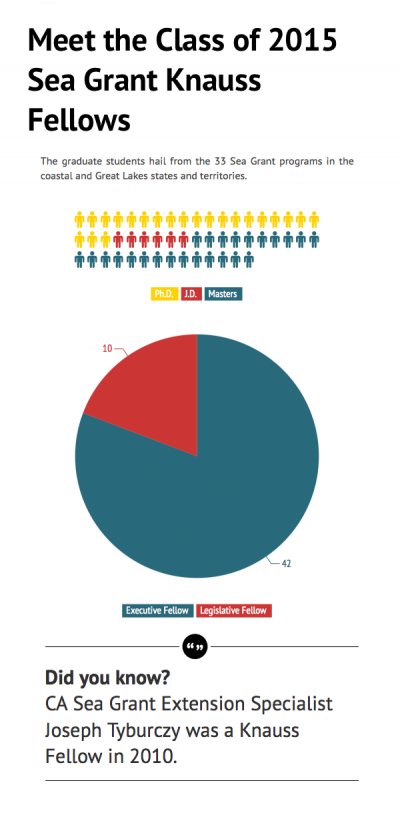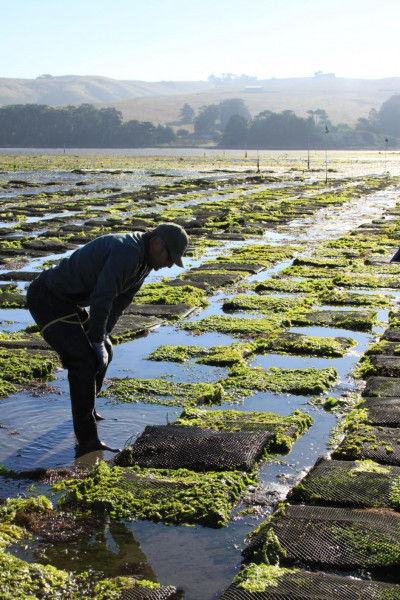The where, when and why of bringing back kelp
Beginning in 2014, California’s coastline suffered a severe marine heat wave. An expanse of unusually warm water known as “the Blob” hovered in the Pacific, wiping out much of the state’s kelp forests, especially in Northern California.

